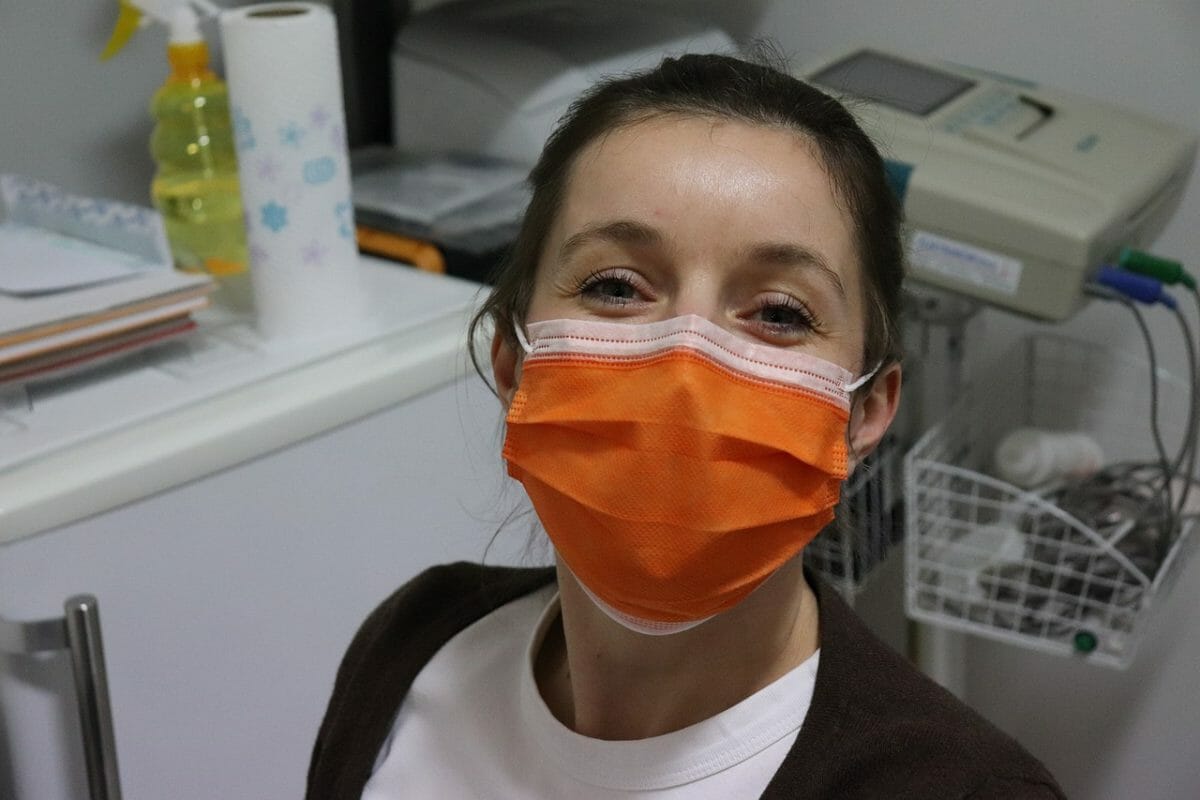Are you thinking of becoming a nurse? Maybe you’re asking yourself why I want to be a nurse. Or are you just curious about the importance of nurses in our healthcare system? Or are you just curious about the importance of nurses in our healthcare system? If yes, then this article is for you. The nursing profession is often taken for granted. People don’t realize the importance of nurses until they need their services. Nurses are an integral part of the healthcare system and play a vital role in patient care. This article will discuss why nurses are so important to the healthcare system. Let’s get to the list.
Medication and Treatment
Nurses are responsible for administering medication and treatment according to doctors’ orders. They must follow all instructions carefully to ensure that the patient gets the right medication or treatment. Nurses also have to keep track of drug interactions, allergies, and other important information regarding the patient’s medical history.
If you are interested in doing this, you must be detail-oriented, organized, and have excellent communication skills. You can start by joining nursing programs at a local college or university. For instance, you can find online university programs for nursing degrees to help you study wherever and at any time. Ensure to do your research and find out the best-accredited program for you.
Monitoring Patient Condition
Nurses are responsible for monitoring their patient’s condition, which is incredibly important in helping detect any changes and potential problems early. They must be alert to signs of distress or complications, take vital signs such as temperature, respiratory rate, and blood pressure, and interpret the results. They also must consider any changes in their patient’s medication or treatment plans.
They do this alongside the doctor and other healthcare team members to provide their patients with the best quality of care. While this might seem intimidating, it is a crucial part of the nursing profession. With this help, patients can receive appropriate care and treatment. Besides, the nurses can alert the doctors in case of any changes or potential problems encountered.
Educating Patients and Families
Nurses are also responsible for educating patients and their families about the treatments, medications, and lifestyle modifications that may help them heal. They must be able to explain procedures in a way that is easy to understand and support patients during difficult times. This job requires excellent communication skills and the ability to provide emotional support.
Nurses must also be able to identify any potential problems and intervene when needed. This will help ensure that patients get the best care possible. By educating families and patients, nurses can help them make informed decisions about their health, which is essential in improving patient outcomes.
Participates in Rehabilitation
Rehabilitation is a vital part of many medical treatments. Nurses must understand rehabilitation techniques and be able to assist patients in their recovery process. They must also be able to assess the patient’s progress and report any changes or potential issues to the doctor.
This job requires empathy and compassion as nurses work with people who are going through difficult times. It is essential to be patient and supportive while helping patients learn new skills or regain their strength. For instance, a nurse has to be able to encourage a patient who is learning to walk again after an injury.
Case Management
Nurses are also responsible for case management, which consists of coordinating and managing patient care. They must be able to coordinate with doctors, specialists, and other healthcare providers to ensure that the right treatments and medications are given at the right time.
They also need to handle paperwork related to insurance claims and billing. It is essential for nurses to have excellent organizational skills and be able to work efficiently with other team members to ensure that patient needs are met. For instance, they must be able to accurately document the patient’s medical history and provide this information to all relevant healthcare providers.
Recording Medical Information
Nurses must also be able to record and track patient medical information accurately. This includes taking notes during consultations, documenting changes in the patient’s condition, recording medications and treatments prescribed by doctors, and providing this information to other healthcare team members.
This requires nurses to have excellent communication skills and attention to detail, as they must ensure that all medical information is accurately recorded. Such skills include reading and interpreting medical records, understanding medications, and identifying potential problems.
As you can see, nurses have a vital role in the healthcare system. They are responsible for providing quality care to their patients and educating them and their families about treatments, medications, and lifestyle modifications. Furthermore, they must coordinate with other healthcare providers to meet patient needs. Additionally, nurses must be able to record and track patient medical information accurately. All this shows that the nurses’ role is essential in the healthcare system.
